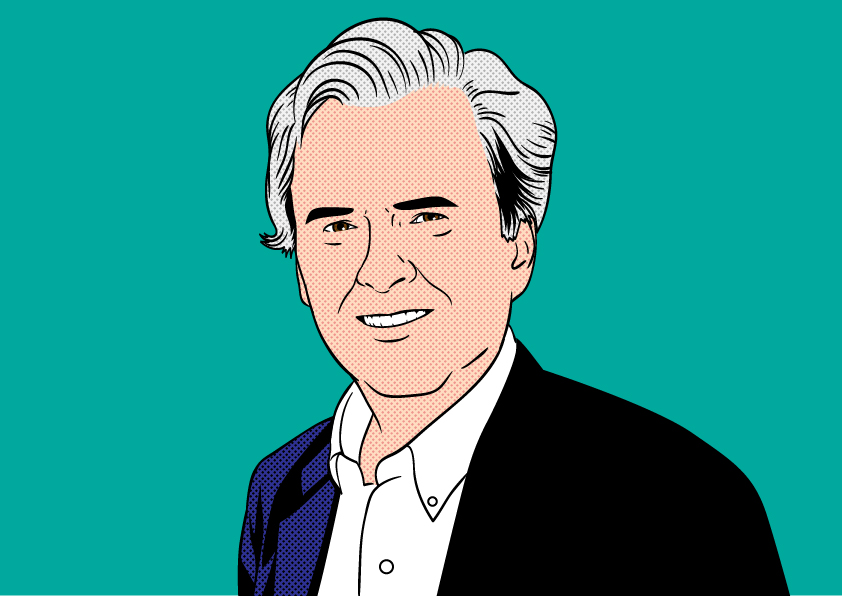Can Business Travel Make You Nuts?

by Robert McGarvey
The other penny just dropped when it comes to the health consequences of frequent business travel.
We have known for some time that lots of travel impacts our physical health. A story in the NYTimes in November 2017 reported: “Doctors at organizations including the Centers for Disease Control and Prevention and the International Society of Travel Medicine say they are hearing of a range of health problems in frequent travelers, from insomnia and weight gain to viruses. ”
You bet. So many of the frequent travellers I know don’t exercise enough, eat badly, drink too much booze, and, for sure, this translates into a panoply of unwanted health consequences.
A 2018 Harvard Business Review article put it this way: “we found a strong correlation between the frequency of business travel and a wide range of physical and behavioral health risks.” Frequent travelers are more likely to be obese, to have high cholesterol, even to have a cardiologist on speed dial (and, yes, I have a cardiologist so I am not pointing fingers).
But you read this article’s headline so you know another penny is about to loudly land on the floor. Correct. And we are not talking just burnout which, incidentally, is a not uncommon byproduct of a lot of business travel. Some of us just quit because we cannot or will not tolerate the pace.
Data grows that some of us also are suffering significant psychological stresses because of so much travel. According to Skift, “Mental health is making up a rapidly growing number of calls to risk management companies, with stress-induced symptoms of anxiety and depression as one of the top issues travelers report. International SOS, perhaps the largest medical assistance and security company worldwide, fields 4.5 million calls a year, with about 40 percent involving issues of mental health.”
That number – 40%, four in ten – has to grab you. If I had been asked to guess how many traveling employee SOS calls involve mental health issues, I would have said in the single digits. And I would have been very wrong.
Life on the road has built in stresses. For instance: lack of routine which, for me certainly, is the biggest problem. That and difficulty sleeping in a strange bed. Even though nowadays I eat fine and drink little or no alcohol when I travel, I drink way too much coffee, in part because of that poor sleep, and my fitness routines are on hiatus.
Maybe you too.
Understand, researchers say that the amount of business travel needed to trigger significant adverse psychological impacts is huge – around two weeks monthly which is 120+ nights on the road yearly.
How much does a lesser travel load impact us psychologically? That’s a research question waiting for an answer.
Experts however say the truth may be much worse than we think. Dr. Robert Quigley, a senior vice president at International SOS, told Skift that the 40% number cited earlier is just the iceberg’s tip. “When I say 40 percent, that’s what we know of. I’m going to guess that the number is actually much higher than that because people are reluctant to reach out for assistance because of the stigma that’s still associated with a mental illness, and the fact that they’re uncomfortable declaring that they may have a problem, which, which is (a) sad case of reality, but that prevails in this mobile workforce community.”
What should you do about this if you are in the crosshairs? About now in a column I usually offer up a fast solution and sign off. I can’t here and that’s because business travelers who are suffering psychological distress deserve more and better. See a psychologist. Talk about what bugs you. Explore if it’s time to reorder your work so that you can travel less (and I know several people who have done exactly that in the past couple years).
If you are not comfortable using an employee assistance program, I get it. Spend your own money instead. But get help – at least explore if you need to get help.
Bottomline: if you are feeling very down and you travel a lot, just maybe there’s a causal relationship. And just maybe seeing that causality is how to begin to feel better.
Robert,
Doesn’t the stress from all the travel show up in their work product? Plus the air on the flights is so bad and toxic.
I flew Etihad a couple of years ago. The plane seemed old and cramped. It was a 14 hour flight. The only thing that saved me was the Deepak Chopra relaxation program, from A to Z.
Also, drinking before, during and after the flight doesn’t make sense to me. You might be preaching to the choir on that issue.
Further, It’s wise to order the vegetarian meal because it’s made last and served first.
Lastly, if someone wants to change their lifestyle, it takes work. Most will take the easy way out, if not alcohol, then the pills. They will either have to quit or get fired. Sad state of affairs, Robert.
Thank you, Bonnie